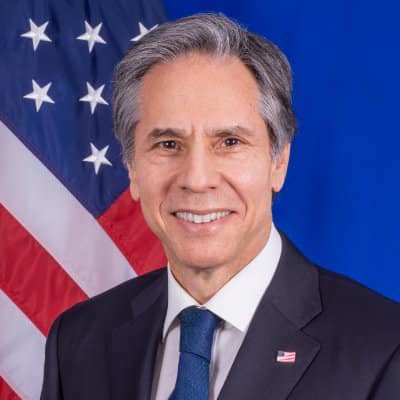In recent interview with CNN,US Secretary of State Anthony Blinken in response to a question, he said, “Now, no one has an interest in renewed civil war in Afghanistan. Certainly, the Afghan people don’t. I don’t think ultimately either the Afghan Government or the Taliban do. None of Afghanistan’s neighbors do, neighbors that – and other countries in the region – that have basically been free riders for the last 20 years as we’ve been engaged there with our NATO allies and partners, who are now going to have to decide, given their interests in a relatively stable Afghanistan, given the influence that they have, whether they’re going to try to use that influence in a way that keeps things within the 40-yard lines. So, a lot of people are having their minds concentrated by the President’s decision. And this is important – even as we are withdrawing our forces, we are not disengaging from Afghanistan. We are remaining deeply engaged in the diplomacy, in support for the Afghan Government and its people, development, economic assistance, humanitarian assistance, support for the security forces. We’ve trained over the years, as you know very well, more than 300,000 of them. So all of that remains, and I think that there are different actors at work now who I hope will keep moving this in a more positive than negative direction. But we have to plan. We are planning for every scenario”.
In response to another question about the fate of Afghan translators and other local workers that now faced huge risk due to consequences working with U.S. Forces in Afghanistan, Blinken said “We’ve had this program in Iraq and also in Afghanistan, and yes, we want to make sure that people who have put their lives on the line working with American folks in uniform, working with our diplomats – who’ve put not just themselves in jeopardy, potentially their families as well – can get expedited consideration if they decide that they want to try to come to the United States. And you’re exactly right; we’ve got about 18,000 people already in the pipeline, 9,000 of whom who are relatively far along, another 9,000 are just at the beginning of the process. And clearly, more are likely to sign up.
So we are working very hard to make sure that we’ve got in place the resources to work that program, to work it quickly, expeditiously. When I was up talking to the House and the Senate about Afghanistan, one of the things that I focused on was the need for us all to come together and make sure that program has the resources it needs”.

